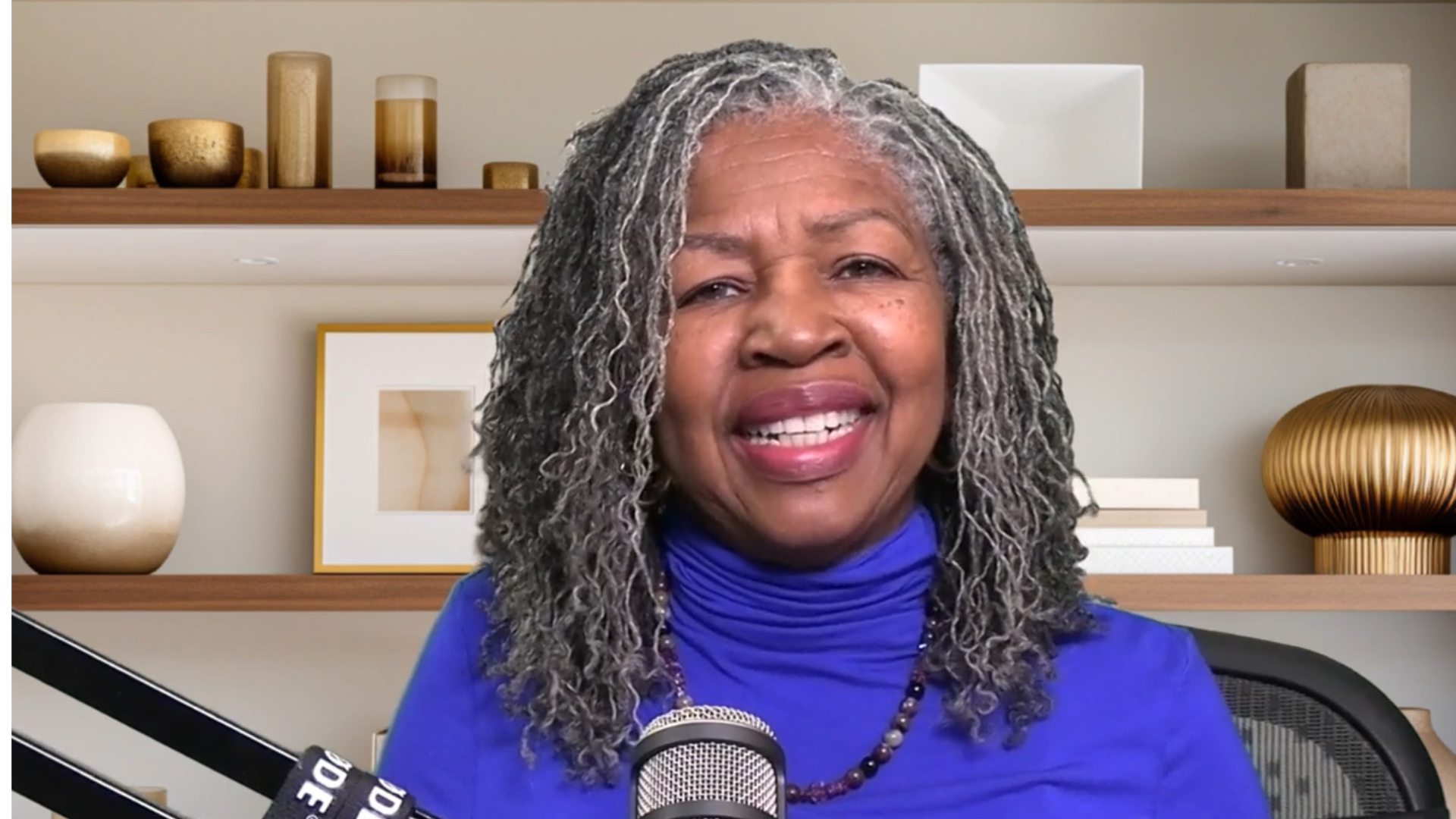When and How to Talk to Your Spouse Before Divorce
When we face life’s most difficult moments, like deciding to talk to your spouse before divorce, we often find ourselves standing at a crossroads of tremendous change. Over the years, I’ve learned so much from my work on divorce cases about how to embark on your divorce journey. For example, these pivotal conversations aren’t just about ending a marriage – they’re about choosing how we want to write the next chapter of our story. And I assure you having this discussion, when it’s safe to do so, can fundamentally reshape your divorce journey and the person you’ll become on the other side of it.
Why Opening the Door to Dialogue Matters
Let’s be honest with ourselves about something important. When we’re contemplating divorce, our first instinct might be to protect ourselves by staying silent. But what I’ve seen time and again is that choosing to talk to your spouse before divorce, when possible, often leads to better outcomes for everyone involved.
Deciding to end a marriage is one of the most challenging decisions we can face. It’s a journey filled with deep emotions and significant implications. Before you file those divorce papers, strongly consider the profound impact of having an open and honest conversation with your spouse. From my experiences and the stories shared by many, I’ve learned that the way we initiate this process can set the tone for everything that follows.
The Gift of Preparation
Think about it—how would you feel if such life-altering news was delivered to you without warning? By approaching this situation with transparency, you’re offering yourself and your partner a precious gift—dignity and respect. Surprising someone with divorce papers can create deep wounds that may take years to heal. Instead, opening up this dialogue can lay the groundwork for a more peaceful transition. And isn’t that what we all deserve?
Remember, it’s not just about ending a marriage; it’s about honoring the shared experiences and memories and moving forward with integrity and compassion. By breaking the silence and engaging in this crucial conversation, we can foster understanding and pave the way for healing—for ourselves and for those we care about.
Taking Control of Your Story

Now, here’s something powerful I’ve witnessed time and time again: when couples choose to communicate openly, they write their own divorce story. Moreover, this approach often leads to choosing more collaborative paths like mediation or cooperative divorce processes. This isn’t just about ending a marriage – it’s about beginning your next chapter with intention and grace.
The Impact of Transparency
Throughout my years of working with families in transition, I’ve witnessed how surprise divorce filings can create deep, lasting wounds. It’s like trying to build a house on shaky ground – the foundation simply isn’t there. When we choose transparency, even in difficult moments, we give ourselves and our partners the chance to handle this transition with dignity.
Taking The High Road
Now, I want to be very clear about something: taking the high road doesn’t mean making yourself vulnerable to harm. But when it’s safe to do so, having these difficult conversations shows tremendous strength. It’s about being the person you want your children to see, about modeling the behavior we hope to see in our own communities.
Approaching the Critical Conversation
Let’s discuss how to tell a spouse about divorce in a way that maintains everyone’s dignity. This isn’t about winning or losing—it’s about moving forward with grace and purpose.
Creating the Right Environment
Just as we wouldn’t have an important business meeting in a chaotic space, we need to choose our moment carefully. Find a private place where both of you can speak freely. This conversation deserves your full attention and respect – no phones, interruptions, and honest dialogue.
Speaking With Purpose and Compassion
In my work, I’ve always emphasized the power of intentional communication. What does that look like in practice? Let me share some real examples of how to approach this difficult conversation:
Instead of: “You never made time for our marriage.” Say: “I’ve felt increasingly disconnected in our relationship, and I believe we need to have an honest conversation about our future.”
Instead of: “You’re always working and never home.” Say: “I’ve realized that our priorities and life goals have grown in different directions, and I need to be honest about where I see our relationship.”
Instead of: “This marriage is a failure.” Say: “Despite our best efforts and the love we’ve shared, I believe we need to consider ending our marriage.”
Remember to:
✘ Acknowledge your shared history: “We’ve been through a lot together, and this isn’t an easy decision.”
✘ Take responsibility for your feelings: “I’ve given this a lot of thought, and I need to be honest about where I am.”
✘ Show respect for their perspective: “I understand you might see things differently, and I’m willing to listen.”
✘ Be clear about your intentions: “I want us to find a way forward that respects both our needs.”
When Direct Communication Isn't The Answer
Let’s be absolutely clear about something – while open dialogue is often ideal, there are severe situations where protecting yourself must take precedence. I want to expand on these scenarios because understanding them could literally save lives.
Recognizing Physical Danger

When we talk about physical abuse, we’re not just talking about obvious violence. Watch for these warning signs that indicate you should not have this conversation:
- A history of physical intimidation, even without direct violence
- Threats about what would happen “if you ever left”
- Breaking objects or punching walls during arguments
- Controlling access to your car, phone, or other means of escape
In these situations, work with domestic violence advocates to create a safety plan before taking any action. The National Domestic Violence Hotline can help you assess your situation and find local resources.
Financial Abuse and Control
Financial abuse often flies under the radar, but it’s just as serious. Here are situations where you should secure your finances before any discussion:
- Your spouse monitors or controls all spending
- You don’t have access to bank accounts or financial information
- Your name has been removed from accounts or assets
- Your spouse has threatened to leave you with nothing
In these cases, work quietly with a financial advisor and attorney to:
- Document all assets and debts
- Secure copies of important financial documents
- Open individual accounts at a different bank
- Begin setting aside emergency funds if possible
Emotional and Psychological Warfare
Sometimes the most dangerous abuse leaves no visible marks. Consider these red flags that suggest you should skip the conversation:
- Your spouse has a history of threatening self-harm during conflicts
- They’ve used your children as emotional leverage
- There’s a pattern of gaslighting or making you question your reality
- They’ve threatened to destroy your reputation or career
In these situations:
- Document everything
- Build a support network without tipping your hand
- Work with a therapist who understands emotional abuse
- Prepare for potential smear campaigns or manipulation
Protecting Children in High Risk Situations
When children are involved, the stakes become even higher. Skip the conversation if:
- Your spouse has threatened to take the children
- They’ve previously hidden the children or threatened to do so
- There’s a risk of international flight with the children
- They’ve threatened to turn the children against you
Instead:
- Work with an attorney to file for emergency custody orders
- Document all threats or concerning behavior
- Prepare a safety plan for your children
- Inform schools and caregivers as appropriate
Moving Forward With Strength and Purpose
The decision to bypass this conversation doesn’t make you less brave – in many cases, it makes you wiser. As Michelle Obama says, “When they go low, we go high.” Sometimes, going high means protecting yourself and your children by making strategic choices.
Empowering Yourself Through Knowledge and Action
Throughout my years as a family law attorney, I’ve learned that knowledge truly is power. However, when a specific “action” is applied, only then is knowledge transmuted to power. When it comes to navigating divorce in California, having the correct information can make all the difference in your journey. That’s why I want to share a valuable resource that aligns with everything we believe in about empowerment through education.
Our Divorce Simplified: A Step-By-Step Guide online course brings the expertise of seasoned family law attorneys directly to you. Think of it as having a knowledgeable friend walking beside you through every step of California’s divorce process. Just as I’ve always advocated for making education accessible to all, this course breaks down complex legal procedures into manageable, precise steps to understand and act upon.
What makes this course special isn’t just the legal knowledge it provides – it’s the way it empowers you to take control of your journey. With downloadable PDF planners, practical worksheets, and straightforward guidance, you’ll learn how to navigate everything from filing initial paperwork to preparing your final judgment.
This course is my way of reaching back to help others through one of life’s most challenging transitions.
Ready to take this critical step? CLICK HERE to learn more about how to gain the knowledge and confidence needed to navigate your California divorce journey.
FAQs
No, you're not legally obligated to inform your spouse before filing divorce papers. However, unless safety concerns exist, having this conversation often leads to better outcomes.
The timing varies based on individual circumstances. Generally, allowing a few days to weeks for processing the information proves beneficial, unless there are urgent legal or safety concerns.
If your spouse avoids the conversation, document your attempts at communication. Then, proceed with filing through your attorney while maintaining a record of your good-faith efforts.
In cases involving abuse, prioritize your safety. Consult with domestic violence advocates and legal professionals before making any moves to ensure proper protection.
Prepare by consulting with a therapist or counselor, organizing your thoughts, gathering important documents, and having a support system in place. Additionally, consider having a safety plan if you're unsure about your spouse's reaction.

About Esther
Esther C. Moore is a family law attorney with over 27 years of experience, including high-conflict child custody and divorce cases. As the CEO of All Rise Solutions, LLC, Esther provides coaching, online courses, and resources to help individuals navigate the legal system when dealing with complex family law matters, including mediation in high-conflict divorce. With a deep understanding of how narcissistic dynamics impact custody and divorce proceedings, Esther is committed to empowering individuals with the knowledge and tools they need to protect their rights.






